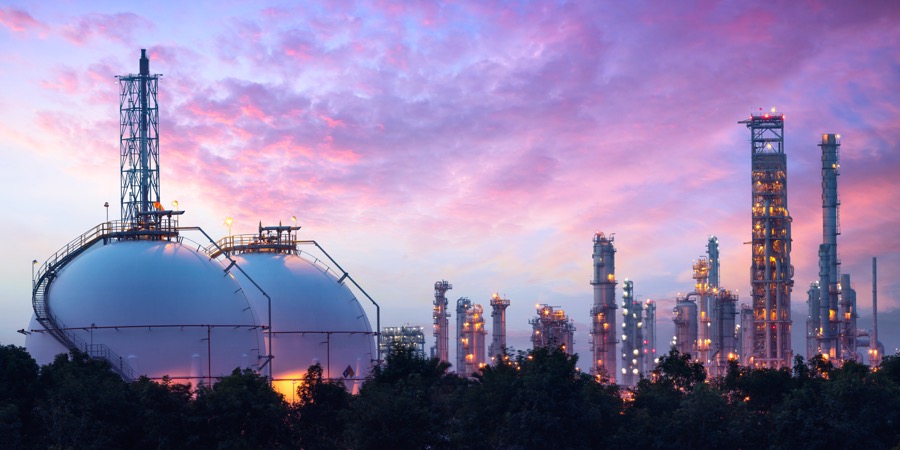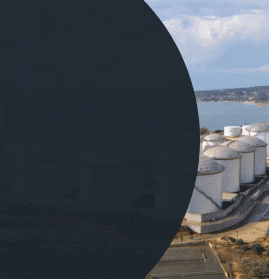The International Energy Agency (IEA) has said global oil demand will drop this quarter for the first time in over a decade, as the coronavirus continues to effect China’s economy. Oil markets face a significant surplus despite the latest production cuts by OPEC and its partners, it said.
Last week crude sank to a one-year low (below $50 a barrel), but the impact of the epidemic “will be felt throughout the year”, the IEA said.
It added: “Demand has been hit hard by the novel coronavirus and the widespread shutdown of China’s economy …the crisis is ongoing and at this stage it is hard to be precise about the impact.”
World fuel consumption had previously been expected to grow by 800,000 barrels a day during the three-month period, compared with a year earlier. Instead, consumption is expected to contract by 435,000 a day, the IEA said in its monthly oil market report.
It added the virus will curb annual growth in global consumption by about 30 per cent to 825,000 barrels a day – the lowest levels since 2011. Furthermore, it said the effects will be more significant than those of the 2003 SARS epidemic “because of China’s increased importance and integration within the world economy”.
The country accounted for about 75 per cent of last year’s oil-demand growth, according to the IEA, which advises most major economies.
Elsewhere, the US Energy Information Administration also cut its demand outlook last week due to the virus. The EIA lowered its first quarter global petroleum and liquids consumption forecast by 880,000 barrels a day.
US crude futures have fallen 17 per cent this year as traders assessed the impact of the epidemic. Consumers are unlikely to benefit from the drop in fuel prices because the disease will inflict damage on the wider economy, the IEA said.
The outbreak has prompted Saudi Arabia to push its allies in the Organization of Petroleum Exporting Countries and beyond to consider an emergency meeting and further production cuts. But Russia, the kingdom’s most important partner in managing supplies, has so far resisted the initiative.
Last month, OPEC was already pumping the least crude since the financial crisis of 2009, according to the IEA. It said the OPEC+ alliance had already faced an oversupply in the first half of 2020 because of the ongoing output surge from US shale-oil drillers and added that industry is likely to remain resilient against the price slump until later in the year.
For more information visit www.iea.org













